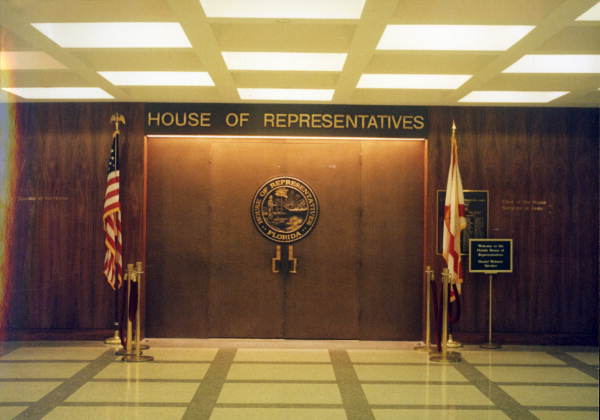By Jim Saunders, The News Service of Florida
TALLAHASSEE — Florida House members Wednesday began moving forward with a proposal that would raise limits on payments by state agencies, local governments, school districts and public hospitals in lawsuits over people getting injured.
The House Civil Justice & Claims Subcommittee approved a bill (HB 301) that would change Florida’s sovereign-immunity laws and lead to higher payments to victims in negligence cases.
Under a law passed in 2010, government agencies’ liability in such cases is capped at $200,000 for payments to a single person and $300,000 if multiple people are involved in an incident, though the caps can be exceeded if lawmakers pass a special type of measure known as a “claim” bill. Under the bill, the caps would go to $1 million and $3 million, respectively, and allow government agencies to settle lawsuits for higher amounts without needing to go through the lengthy and uncertain claim-bill process.
Supporters said the current law prevents victims from getting adequately compensated after being injured by government negligence.
“I know there’s a cost to this bill,” bill sponsor Fiona McFarland, R-Sarasota, said. “I’m just saying it’s worth it.”
But lobbyists for cities, rural school boards and rural counties argued taxpayers would get hit with the tab if the bill passes, including facing higher liability-insurance costs for local governments.
“We cannot afford this,” said Bob Harris, a lobbyist for the Panhandle Area Educational Consortium, which is made up of Northwest Florida school districts.
While the annual legislative session will not start until March 4, the bill has already drawn heavy lobbying, with McFarland saying lawmakers have been “lobbied to death.”
Agencies and organizations opposing the bill Wednesday included the Florida League of Cities; the Florida Association of Counties; the Safety Net Hospital Alliance of Florida; the Small County Coalition; the Small School District Council Consortium; Miami-Dade County; and the Martin County school district. Supporters included the Florida Justice Association, which is made up of plaintiffs’ attorneys.
McFarland also sponsored a proposal last year aimed at revamping sovereign-immunity laws, though the bill did not get to the House floor. That bill would have increased the caps to $400,000 for payments to a single person and $600,000 if multiple people were involved.
She and other lawmakers said Wednesday that this year’s bill could change as it moves through the legislative process. It would need approval from the House Budget Committee and the House Judiciary Committee before it could go to the full House. As of Wednesday morning, a Senate version had not been filed, according to the Senate website.

